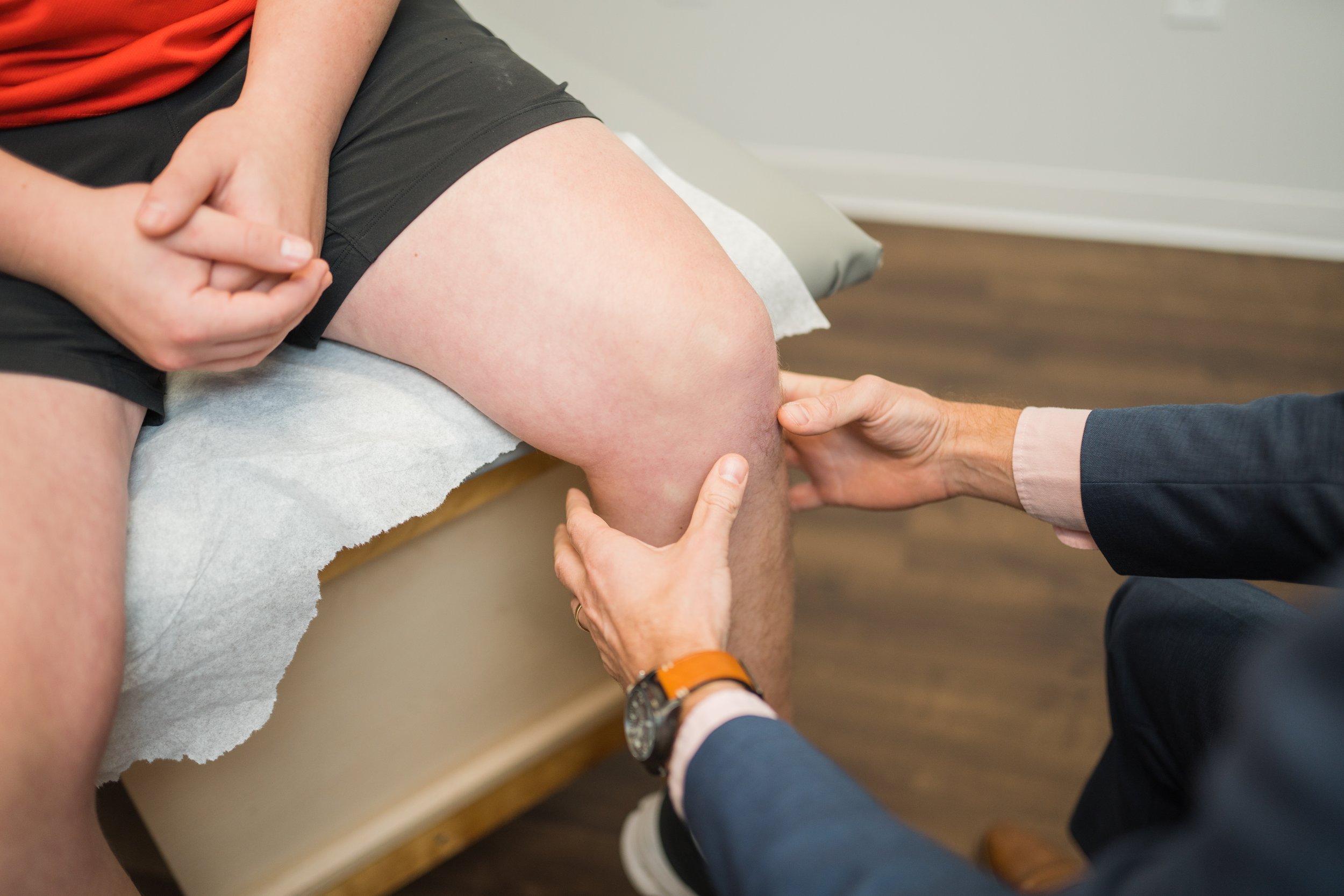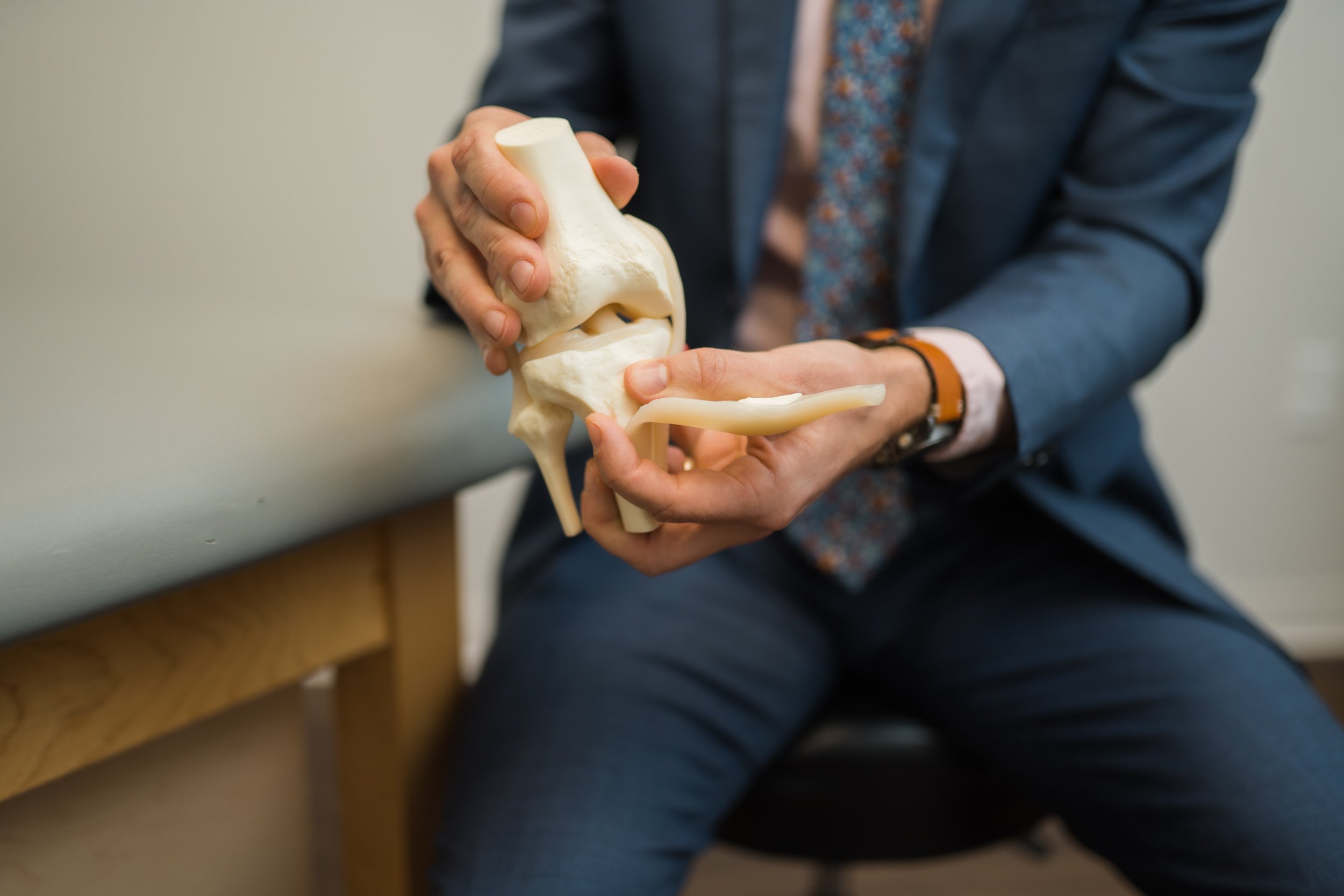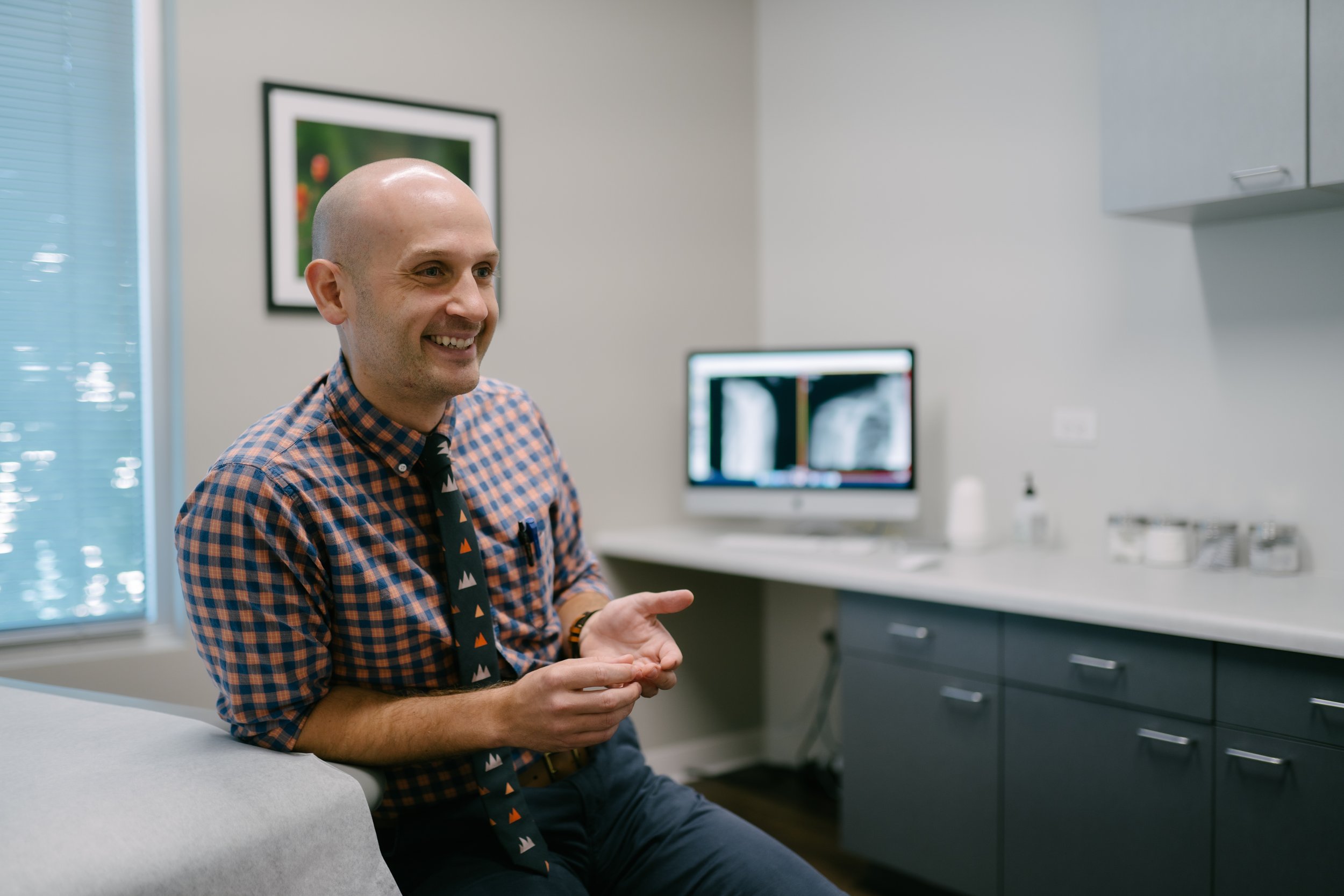Knee Health on the Field: Orthopedic Insights into Turf vs Grass Impacts
For athletes and those with active lifestyles, the choice between artificial turf and natural grass fields can carry significant implications for knee health and orthopedic safety.
Understanding Knee Ligaments and Injury Prevention
Knee ligaments, such as the Anterior Cruciate Ligament (ACL) and Medial Collateral Ligament (MCL), are pivotal in stabilizing the knee joint. Injuries to these ligaments can sideline athletes, making it vital to understand how different playing surfaces can affect their health. Incorporating knee injury prevention strategies and understanding the role of playing surfaces can greatly reduce the risk of ligament injuries.
The Characteristics of Turf Fields: Pros and Cons
Artificial turf fields are celebrated for their durability and minimal maintenance requirements. However, the debate around their safety, particularly concerning knee injuries, persists. Dr. Marx notes, "One question I frequently encounter is whether turf fields are responsible for more ACL tears. The short answer is, I don't know. Some of that data is a little mixed." This uncertainty highlights the need for further research and consideration when evaluating the risks associated with artificial turf.
The Natural Advantage of Grass Fields
Natural grass fields are often preferred for their shock-absorbing qualities, which can potentially lessen the impact on knee ligaments. Dr. Marx elaborates on the potential benefits of grass, "Anecdotally, playing on a grass field has a bit more give to it than many turf fields. Theoretically, your foot might just slip off the grass instead of twisting your knee and tearing your ACL, or spraining your ankle on a harder surface." This perspective suggests that the inherent 'give' of grass might provide a safer environment for the knee, mitigating the risk of ligament damage by allowing for slippage rather than forcing the joint into harmful positions.
Comparative Analysis: Turf vs. Grass Impact on Knee Health
Comparing turf and grass fields involves understanding their distinct effects on knee health.
Turf Fields:
Pros: Durability, low maintenance, consistent playing surface.
Cons: Potential increased risk of knee injuries due to less give and higher traction, which may stress the ligaments.
Grass Fields:
Pros: Natural shock absorption, potentially lower knee injury rates due to softer playing surface.
Cons: Higher maintenance, variability in quality due to weather conditions.
Dr. Marx adds, "The data on whether turf or grass leads to more injuries is mixed, highlighting the complexity of this issue. However, grass might offer a safer alternative due to its natural give, potentially reducing the risk of severe ligament injuries."
Preventive Measures and Recommendations for Athletes
Athletes can take several steps to protect their knee ligaments, irrespective of the playing surface. Dr. Marx emphasizes the importance of proactive measures:
Proper Footwear: Choose shoes that provide adequate support and are designed for the specific playing surface.
Conditioning Exercises: Strengthen the muscles around the knee to support and stabilize the joint.
Quadriceps and hamstring strengthening
Core stability exercises
Proper Warm-up Routines: Engage in dynamic warm-ups before playing to prepare the muscles and ligaments for activity.
Movement Awareness: Focus on technique and body mechanics to avoid placing undue stress on knee ligaments.
Dr. Marx advises, "Beyond the surface type, focusing on how you're moving on the field and implementing these preventive measures can significantly reduce the risk of knee injuries."
The decision to play on turf versus grass fields encompasses a range of considerations, from the risk of injury to personal comfort and playability preferences. "Although the data may be mixed, being informed and taking preventive measures is crucial," Dr. Marx concludes, underscoring the importance of informed decision-making in optimizing knee health. This blog has endeavored to provide athletes and active individuals with the insights necessary to navigate this decision, with a strong recommendation to seek professional guidance for tailored strategies and support.
If you’re experiencing knee pain or think you may have a strain or a tear, you’ve come to the right place. Dr. Marx has expertise in taking care of patients and athletes of all ages and enjoys working to help them get back to their everyday lives!
Schedule an appointment with our Fellowship-Trained Sports Medicine Surgeon, Dr. Marx, here in San Antonio today!




